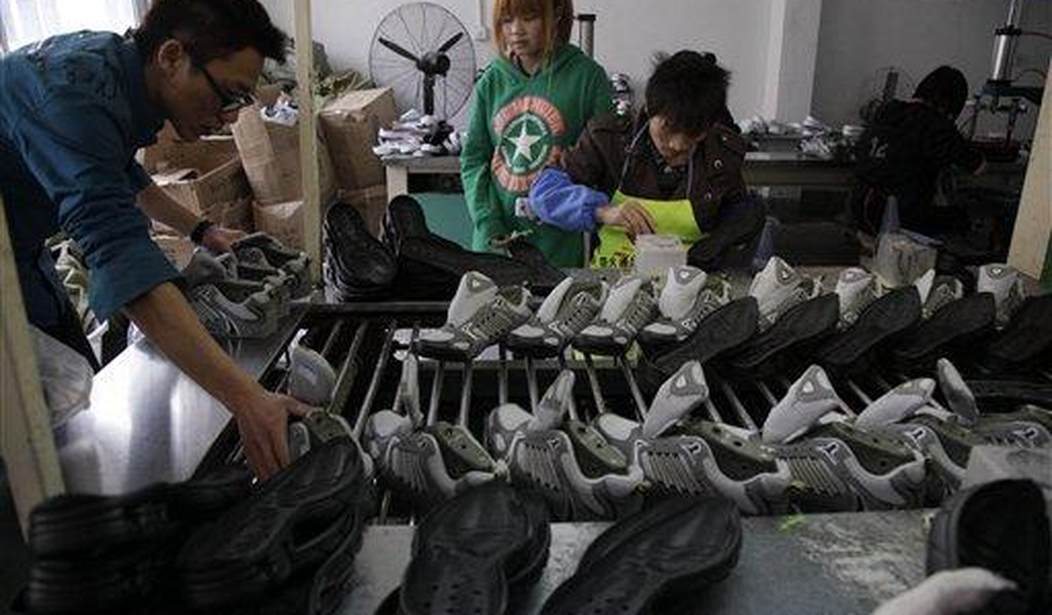China is an economic powerhouse, rivaling the U.S. in production, and will almost certainly supplant the United States as the world’s number one economy in a few years.
That is if they can keep the lights on.
China has an electrical power problem. This has slowed the economy and caused blackouts and brownouts across most of the country. The electric shortage has put a crimp in exports, the mainstay of the Chinese economy. Shortages of raw materials are biting as well, but factories that make consumer goods for export are suffering.
And most economists are already lowering growth projections.
There are several reasons electricity is suddenly in short supply in much of China. More regions of the world are reopening after pandemic-induced lockdowns, greatly increasing demand for China’s electricity-hungry export factories.
Export demand for aluminum, one of the most energy-intensive products, has been strong. Demand has also been robust for steel and cement, central to China’s vast construction programs.
As electricity demand has risen, it has also pushed up the price of coal to generate that electricity. But Chinese regulators have not let utilities raise rates enough to cover the rising cost of coal. So the utilities have been slow to operate their power plants for more hours.
It would appear that the Communists give excellent lip service to saving the planet from climate change. Bt when push comes to shove, they are perfectly willing to burn mountains of coal to fuel their factories.
Is Joe Biden paying attention?
With inventories in the west already low, China’s electricity problems have western companies scrambling to fix supply problems before the holiday season.
The electricity shortage is starting to make supply chain problems worse. The sudden restart of the world economy has led to shortages of key components like computer chips and has helped provoke a mix-up in global shipping lines, putting in the wrong places too many containers and the ships that carry them.
Power supplies are little different. Compared with last year, electricity demand is growing this year in China at nearly twice its usual annual pace. Swelling orders for the smartphones, appliances, exercise equipment and other manufactured goods that China’s factories churn out has driven the rise.
The shortages are contributing to higher prices in the west, as it is now costing Chinese factories 50 percent more to keep the lights on than it did last year. That price increase is going to be passed on to the consumer at some point.
In some ways, China’s power problems were inevitable given its spectacular growth. But those problems have been exacerbated because China’s demand economy has managers allocating resources according to state planning and not the market.
Related: John Kerry’s Million-Dollar China Conundrum
With less than 90 days to Christmas, the situation is not expected to resolve itself before the holidays. Expect some empty shelves and high prices at Christmas time.










Join the conversation as a VIP Member